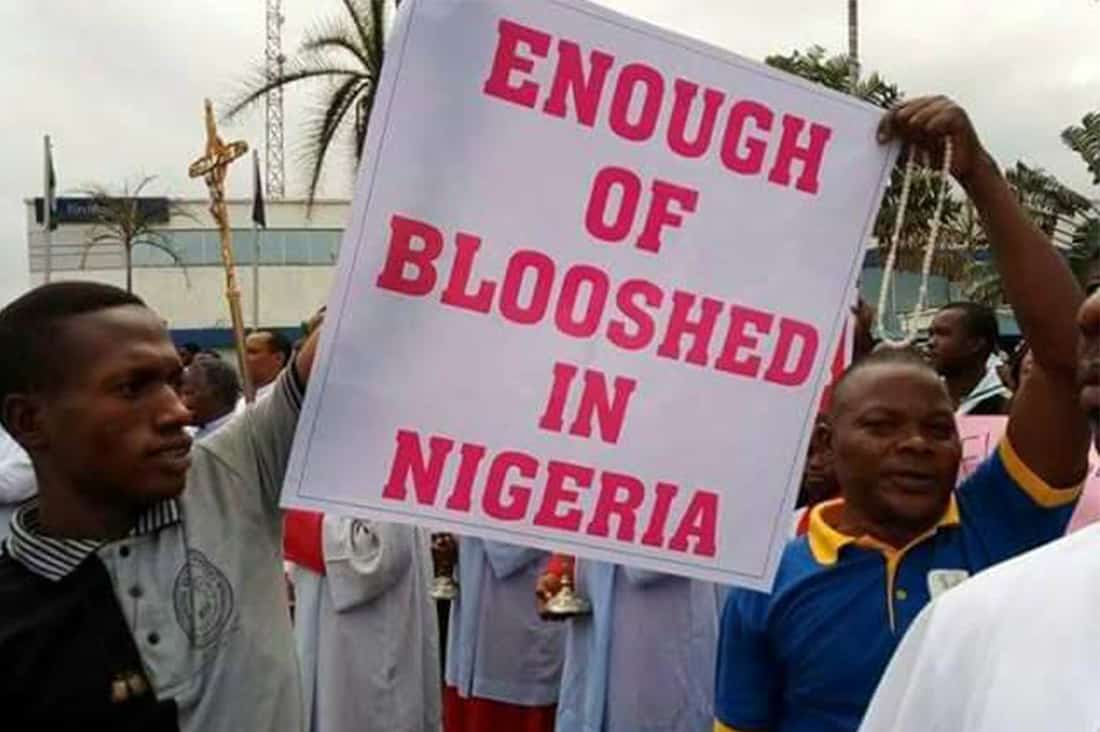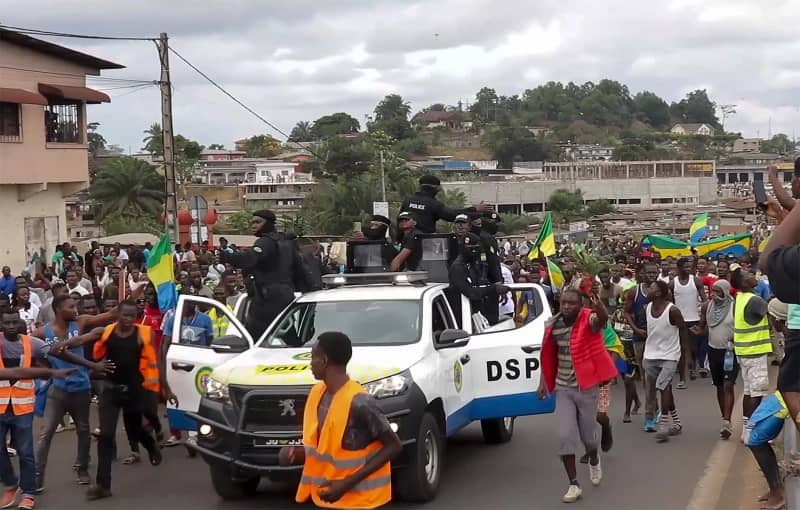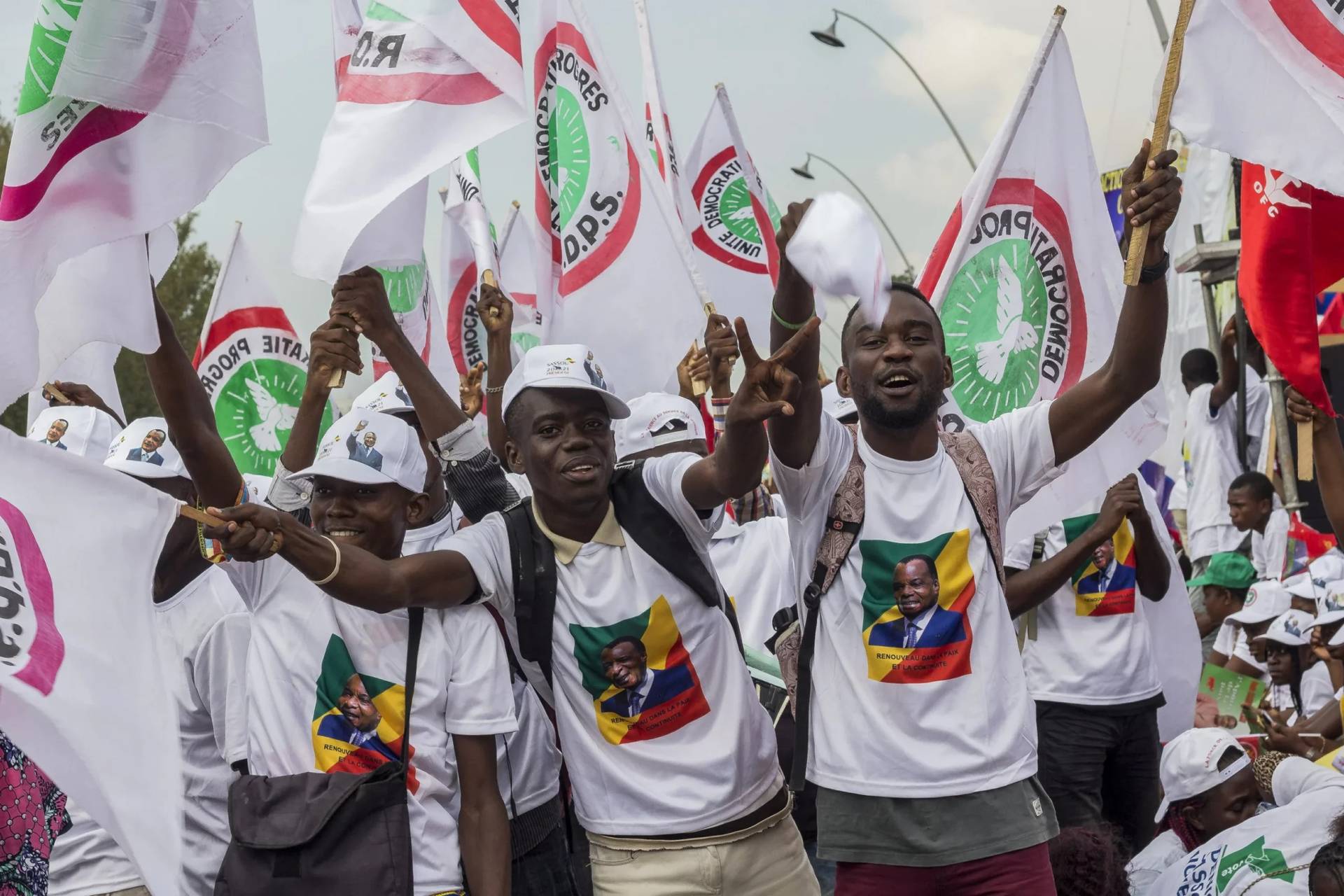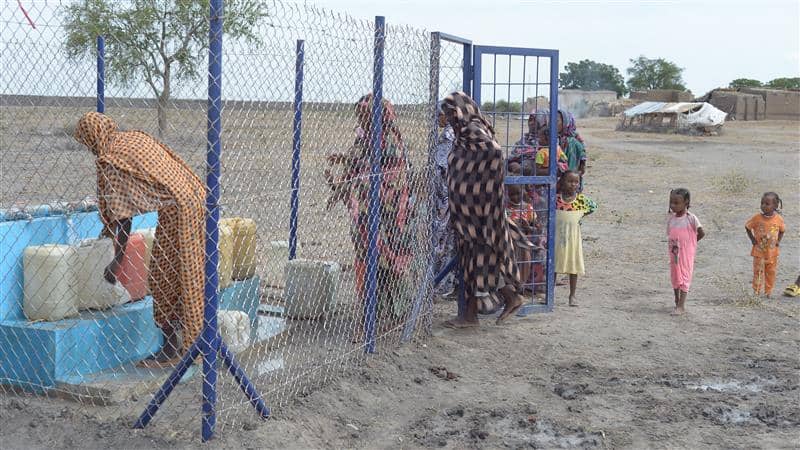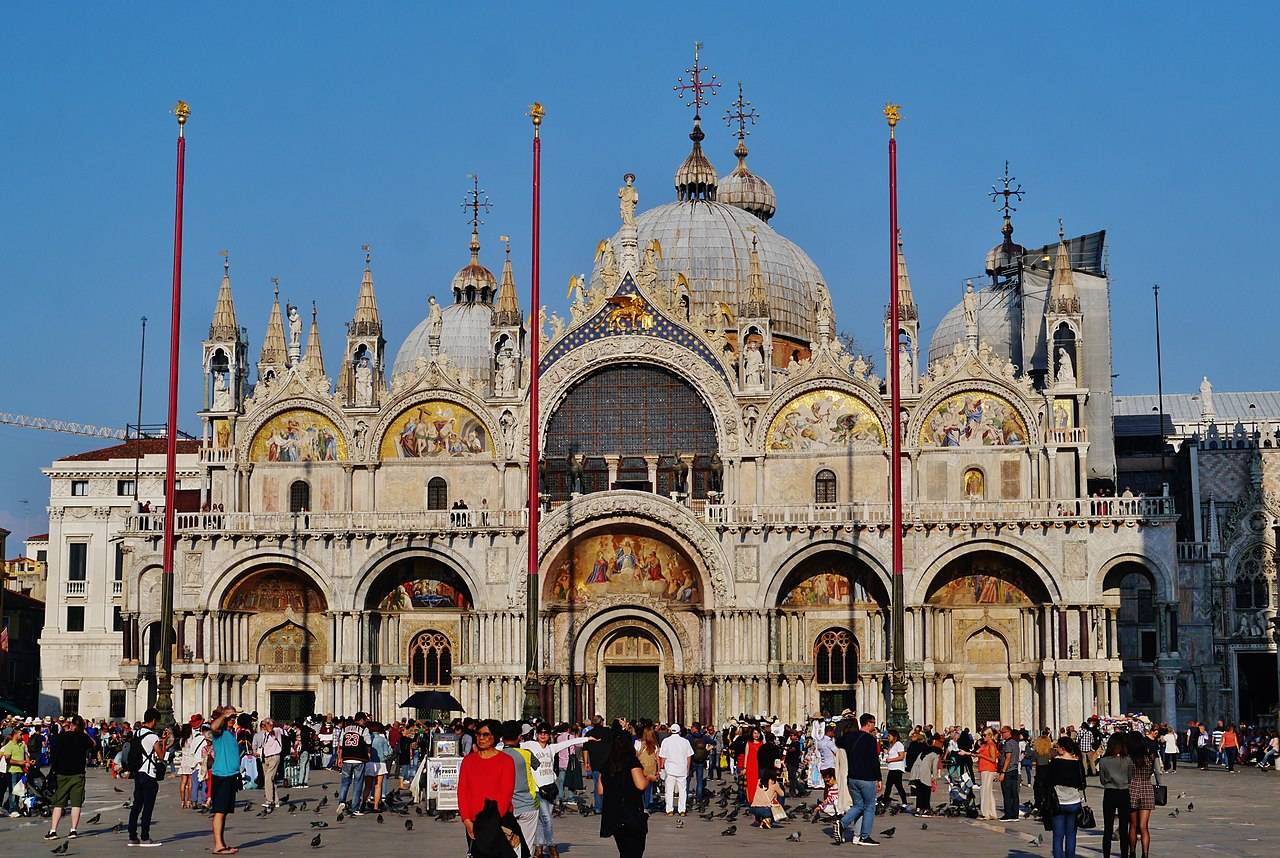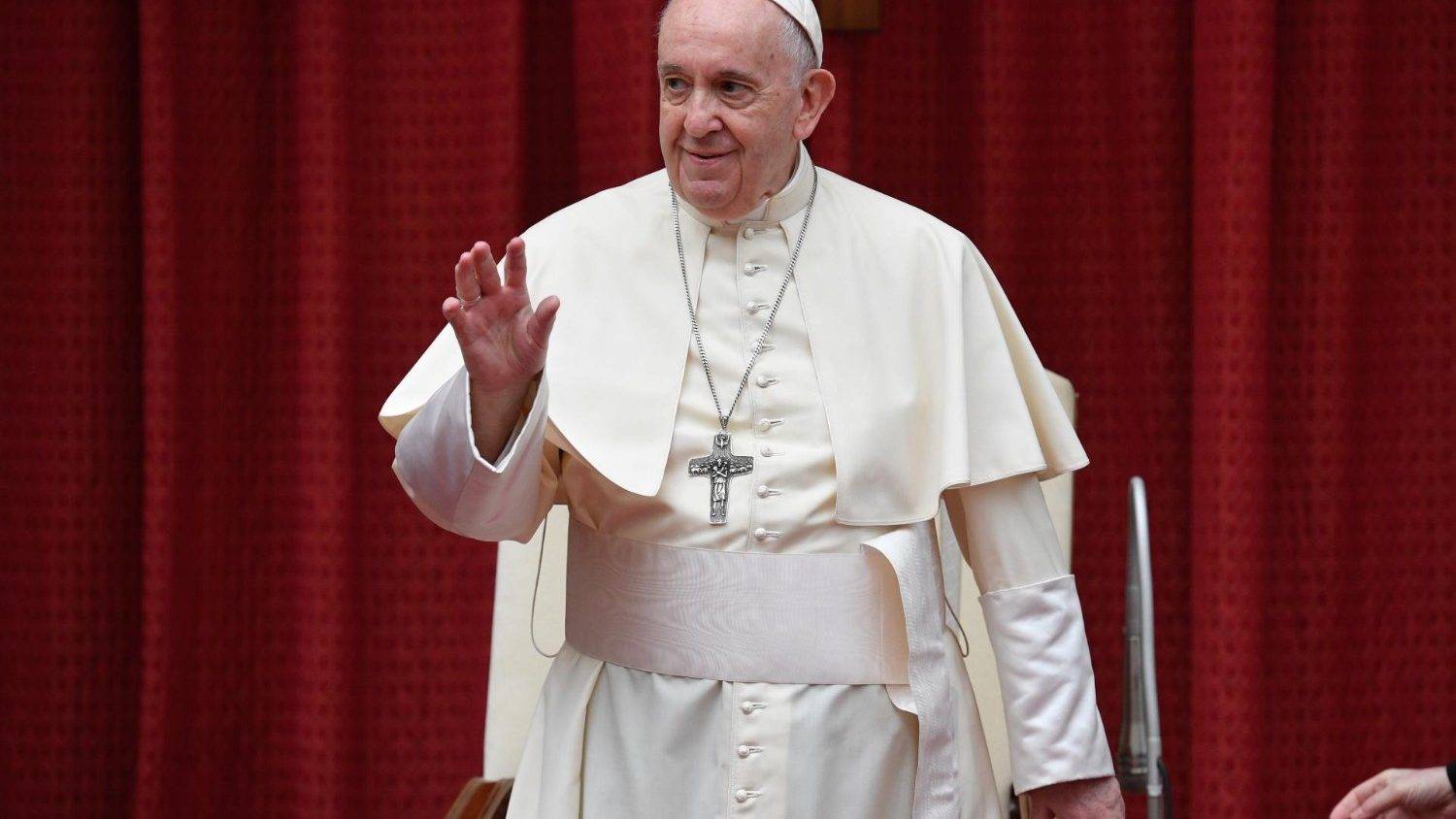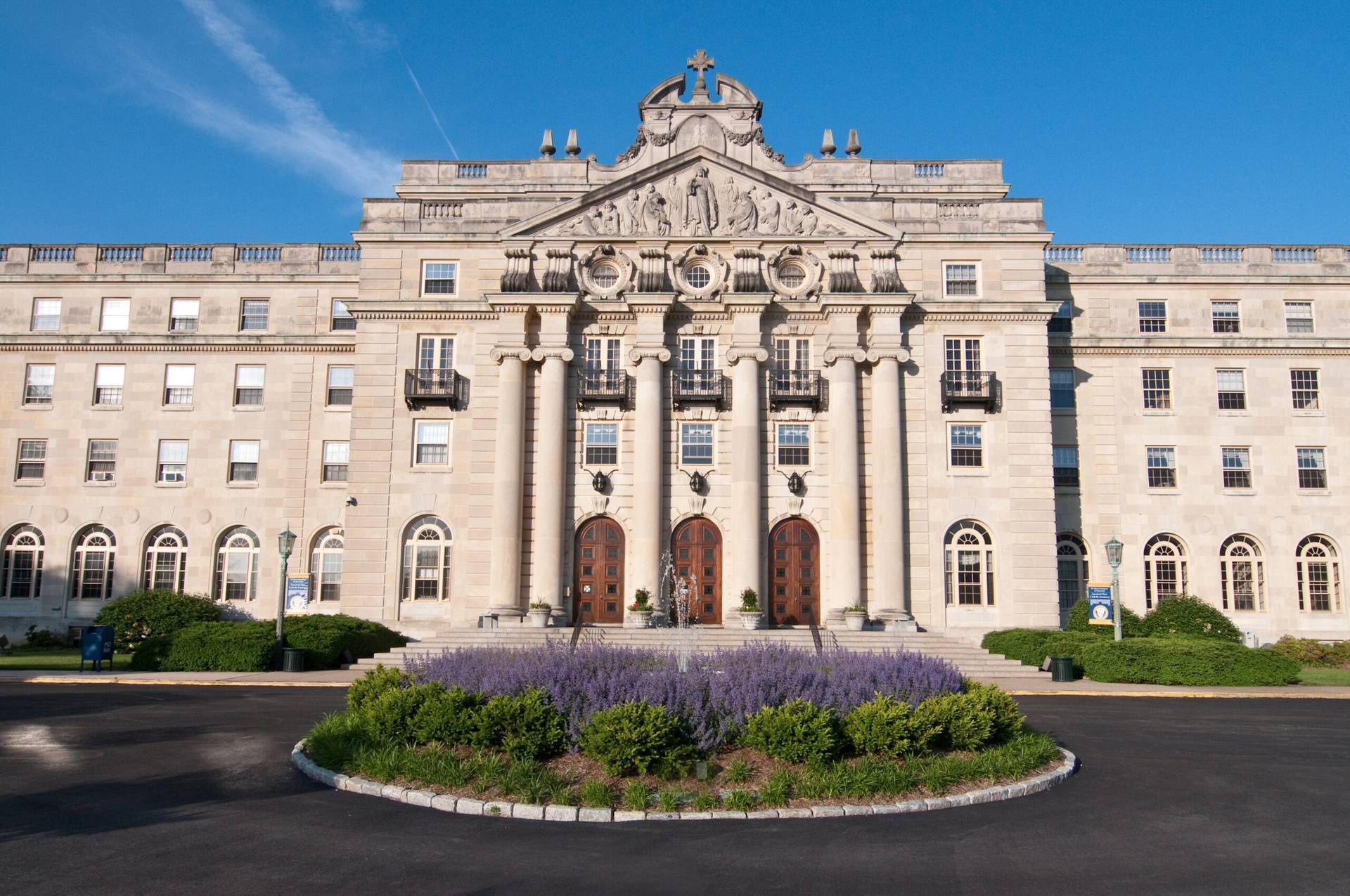YAOUNDÈ, Cameroon – A Catholic-inspired think tank has accused the Nigerian government at various levels of complicity in the killing of Christians by jihadist forces, while some observers predict Africa’s most populous nation may be on the brink of a “religious war.”
At least 500 Christians have been killed in Plateau State since January according to Intersociety, a democracy and human rights advocacy group founded in 2008. Over the past 14 years, at least 52,250 Nigerian Christians have been brutally murdered at the hands of Islamist militants, according to the group.
The director of Intersociety, Emeka Umeagbalasi, has accused the government of encouraging the bloodshed.
“The level of violence is expected to continue and it has continued to rise because the authorities are fueling the crisis,” he said.
“The authorities are behind the killings. The authorities have injected the security forces with jihadist bad blood, to the extent that the security forces have left what they are supposed to do and they started going after people who are not lawless citizens,” Emeka told Crux.
He said that in addition to infiltrating the security forces, jihadist elements have also made their way into other government structures, which may account for what he called the current administration’s “nonchalant attitude.”
He said that officials in the various branches of government “now sing jihadhist Islamic songs” and characterized the central government of Plateau State as “jihadist-oriented.”
Those who don’t support jihadists, Emeka said, are removed from power and replaced with “stooges who may bear Christian names, but at the same time they are working for [the jihadist-oriented] government.”
The persecution of Christians is not limited to the Plateau State. According to Emeka, Kaduna and Benue are also hotspots of Christian persecution in Muslim-dominated northern Nigeria where the state seems complicit.
For example, a former governor of Kaduna State, Nasir El-Rufai, was captured on camera telling Muslim clerics that he had excluded Christians from government because they didn’t support his All Progressives Congress (APC) political party.
That statement received widescale condemnation, with the Southern Kaduna Leadership Council calling on the international community to investigate alleged “genocide and discrimination against the Southern Kaduna people during the eight-year administration of Nasir El- Rufai, the immediate past governor of Kaduna State.”
Describing the governor as “a bigot,” the group said the terrorist attacks in the state were perpetrated “in pursuit of El-Rufai’s implementation of jihadism in Kaduna state.”
The statement alleged that El-Rufai had a strategy for Islamic dominance, and that this was the reason for killing and maiming of Christians and the burning of their homes and destruction of their communities from 2015 to 2023.
Franklyne Ogbunwezeh, a Senior Research Fellow and Director for Genocide Prevention at the Christian Solidarity International in Switzerland, recently told a Nigeria news outlet that the Christian population of central Nigeria is facing a genocidal campaign. He said that the killings, which had not stopped, showed the intention to wipe them out.
He also warned that the country was on the brink of a religious war, and accused the Nigerian government of ignoring the cries of the victims and allowing the jihadists to spill innocent blood.
“The situation is getting worse, because nothing seems to have been done,” Emeka told Crux.
“The security forces are still carrying out pro-jihadist instructions to protect Islam,” he said, and explained that everything was being done to make the Muslims turn their backs on Christians.
Emeka claimed that while attacks on Christians are downplayed by authorities, an assault on a member of the largely Muslim Fulani people receives widespread attention.
“In Plateau State or in northern Nigeria, in any of the troubled spots, if a Fulani man is killed, you will see security forces and government spending millions in sponsoring the high publicity of that Fulani man killed.”
“When defenseless citizens are killed in their hundreds, the government does not raise any eyebrows. That is to say that in Nigeria there are those that are created to be killed, and there are those that are created to live.”
Emeka noted that sectarian violence in Nigeria is not new, but claimed that with de facto state sponsorship of violence, the situation has reached “a very dangerous level.”
“So that is why the number has been escalating and the state actors, that is the government in some states, and government at the national level and the country’s security forces, are fueling or even conspiring in the butcheries. “
A member of the Nigerian House of Representatives, David Lalu, has suggested that communities should take up arms against the jihadists, but Emeka is not particularly enthused by that proposition, noting that it could open the floodgates to even more killings.
“If government can go to the extent of killing unarmed people and label them as ‘armed terrorists,’ what then can the government not do?’
He accused the international community of doing little to help, and suggested that foreign aid should be linked to both assurances that Christians can freely worship without fear of attacks and a more vigorous fight against jihadhism.
